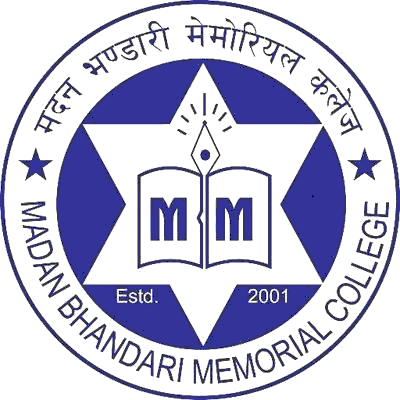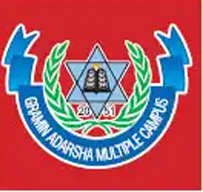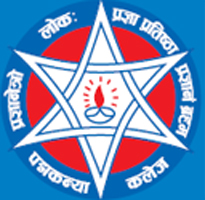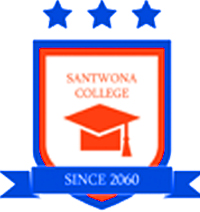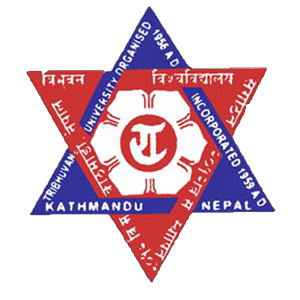Overview
Master of Arts in Sociology (MA Sociology) at Dillibazar Kanya Multiple Campus
MA Sociology at Dillibazar Kanya Multiple Campus (DKMC), Dillibazar, Kathmandu, offers a Tribhuvan University pathway for students who want clear, research-grounded understanding of society, culture, and change.
You study in a women’s public/community campus, follow TU Faculty of Humanities and Social Sciences rules, and complete four semesters that combine theory, methods, and applied work.
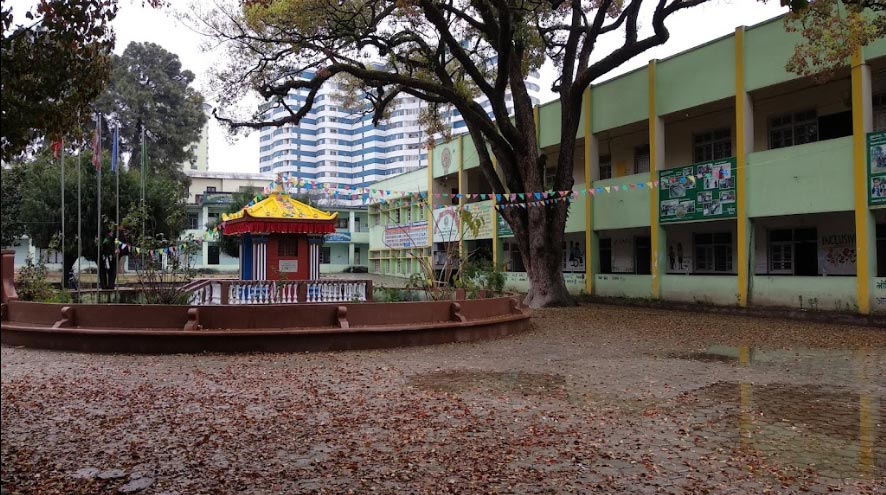
Introduction
Students use MA Sociology at DKMC to read core theory, practice research methods, and interpret Nepali social issues without bias. Classroom discussions connect readings to everyday life in Kathmandu and beyond. Faculty guide you on writing discipline, citation accuracy, and ethical fieldwork so reports meet academic expectations.
Highlights
-
Affiliation: Tribhuvan University (Faculty of Humanities and Social Sciences)
-
Level: Master’s (Postgraduate)
-
Duration: 2 years, 4 semesters
-
Credit load: As prescribed by TU for MA Sociology
-
Seat capacity: 50
-
Assessment pattern: Internal evaluation plus end-semester exams; thesis or long research paper as per TU
-
Campus setting: Women’s public/community campus at Dillibazar, Kathmandu
Curriculum details
The semester plan follows TU documents and campus feasibility. You cover theory, methods, Nepali society, and thematic options.
-
Classical and modern theory: Foundational thinkers and contemporary perspectives; comparisons across schools of thought.
-
Research methodology: Qualitative and quantitative approaches; sampling, interviewing, observation, and basic statistics.
-
Nepali society focus: Demography, migration, caste and ethnicity, gender, rural–urban dynamics, and policy contexts.
-
Thematic electives: Development, media and culture, education and youth, organizations, or related areas offered when feasible.
-
Research component: Proposal, ethics clearance at the campus level, data work, and a thesis or long paper supervised by faculty.
Short assignments, annotated bibliographies, seminar notes, and chapter drafts help you move step by step. Students maintain a reading log so submissions stay on schedule.
Objectives
-
Concept clarity: Build solid understanding of sociological perspectives that explain institutions and change.
-
Research habit: Learn to frame questions, collect data responsibly, and write evidence-based chapters.
-
Nepal focus: Read policies, census tables, and local studies to ground arguments in current realities.
-
Communication: Present findings in clean, well-structured writing for academic and public audiences.
Scope
Graduates work in colleges (as per hiring rules), NGOs, research units, media documentation, and local government projects. Some continue to MPhil or PhD. Others enter evaluation studies for development programs where neutral analysis and careful writing are required.
Learning outcomes
Students who complete MA Sociology at DKMC usually can:
-
Explain the contributions and limits of major theories without exaggeration.
-
Apply qualitative and quantitative tools to small and medium research tasks.
-
Summarize complex social issues in plain language with accurate references.
-
Produce a thesis or long paper that meets TU standards for structure and citation.
-
Present results clearly in seminars and viva.
Skill development modules
-
Field methods studio: Interview guides, observation notes, consent forms, and field safety planning.
-
Data handling: Transcription basics, coding frameworks, basic descriptive statistics, and simple charts.
-
Literature mapping: Database search habits, note systems, and synthesis outlines.
-
Academic writing: Paragraph cohesion, table/figure labeling, and reference integrity.
-
Policy reading: Budget notes, sector policies, and evaluation summaries used in Nepal.
Teaching methodology
-
Lectures and guided reading: Chapter walk-throughs and argument mapping.
-
Seminars: Student-led presentations with handouts and time control.
-
Workshops: Tools for transcription, coding, survey sheets, and spreadsheet basics.
-
Internal evaluation: Response papers, mid-term tests, project milestones, and presentations.
-
Supervision: Topic selection, proposal defense, draft improvements, and final viva.
Admission requirements
-
Minimum qualification: Bachelor’s degree (BA or equivalent) from a recognized university.
-
Academic standing: As prescribed by TU for the current intake.
-
Selection: Merit screening; test or interview if announced in the campus notice.
-
Documents: Application form, photos, transcripts, character certificate, citizenship/ID, migration if applicable.
-
Seat capacity: 50 (follow the latest DKMC/TU notice for updates).
Career opportunities
-
Research and evaluation: Field researcher, documentation assistant, data coding and analysis support.
-
Education: Teaching roles as per eligibility rules; tutorial and mentoring support.
-
Development sector: Program documentation, baseline and endline surveys, and community reports.
-
Media and communication: Research support for features, script notes, and backgrounders.
-
Public bodies: Social statistics support and policy note preparation.
Scholarships and financial aid
-
Merit route: Partial fee relief for strong semester results, subject to policy and attendance.
-
Need route: Limited support for documented financial need within campus rules.
-
Activity route: Consideration for academic service or representation where announced.
Students should track deadlines, submit complete forms, and keep copies for records.
Why choose this course?
Students who want methodical training in social analysis value MA Sociology at DKMC. You gain habits that help in classrooms, field sites, and offices. The campus provides structure, supervision, and a realistic timeline so your writing improves steadily across four semesters.
Conclusion
MA Sociology at DKMC builds the reading discipline and research practice needed for responsible analysis in Nepal. Weekly targets, source control, and honest reporting help you complete the thesis or long paper without last-minute stress.
FAQ
Q1. Does the program include a thesis?
Yes. A thesis or a long research paper runs under TU supervision.
Q2. What kind of fieldwork is expected?
Students usually complete interviews, observation, or small surveys with consent and safe procedures.
Q3. Can I work while studying?
Many students balance study and work by planning weekly reading and early drafting.
Q4. Which electives are offered every year?
Electives depend on faculty availability and campus feasibility. Check the current notice.
Q5. What tools are used for data work?
Transcription and spreadsheet tools are common. Simple statistics support descriptive analysis.



